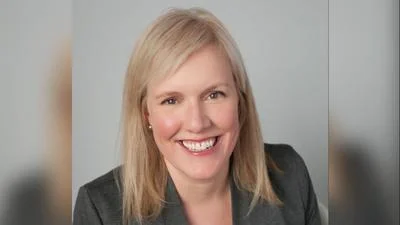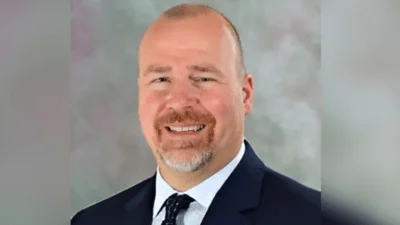The Congressional Record is a unique source of public documentation. It started in 1873, documenting nearly all the major and minor policies being discussed and debated.
“REMEMBERING JOSEPH MARTIN ROSE, SR.” mentioning Tammy Baldwin was published in the Senate section on page S1703 on March 23.
Of the 100 senators in 117th Congress, 24 percent were women, and 76 percent were men, according to the Biographical Directory of the United States Congress.
Senators' salaries are historically higher than the median US income.
The publication is reproduced in full below:
REMEMBERING JOSEPH MARTIN ROSE, SR.
Ms. BALDWIN. Mr. President, I rise today to honor the life and legacy of Mr. Joseph Martin Rose, Sr., Moka'ang Giizis or ``Rising Sun'' in the Ojibwe language, a beloved elder and member of the Eagle Clan of the Bad River Band of Lake Superior Ojibwe. As a member of the Three Fires Midewiwin Grand Medicine Lodge, Joe was a teacher, culture keeper, pipe carrier, and treasure to his community. His life was one of far too many claimed by the COVID-19 pandemic.
Joe was born on April 24, 1935, to Carl Rose, Sr., and Mary ``Dolly''
(Jackson) Rose in Oklahoma. When his father volunteered to repair naval ships in Alaska during World War II, his mother brought the family back home to Odanah to live with her parents on the Bad River Native American Reservation. Joe often told stories about growing up in Odanah, calling it a ``time of kerosene lamps, outhouses, and wood heat.'' He credited his grandfather, Dan Jackson, with instilling in him a strong connection to the natural world by teaching him about traditional plants, ceremonies, and medicines. He spent his youth netting fish in the spring, wild ricing in late summer, duck hunting in the fall, then ice skating and enjoying bonfires in the winter.
He attended DePadua High School in Ashland, where he played nose tackle on the football team, wrestled, and sang in the school choir. His athleticism earned him a scholarship to Northland College, where he majored in biology and secondary education, earning a certification to teach high school science and math. After graduation, he spent the next 10 years teaching in South Dakota and Wyoming, while coaching youth sports. With the help of his parents, he raised two children, taught full time, and earned a master's degree in guidance counseling before returning to Bad River in 1970.
Back in Wisconsin, he became the homeschool coordinator and guidance counselor at Ashland High School. As an advocate for Bad River children, he taught them Native American arts and crafts and offered courses about culture. In 1974, he was asked to develop the newly formed Native American Studies Program at Northland College, one of the first such programs in America. As its director, he created a culture-
based curriculum that emphasized environmental stewardship and the connection Ojibwe people have with Lake Superior.
Joe's experiential learning courses were memorable for the visits to his home on Waverly Beach, birch bark canoes, ceremonial lodges, and a round house built by his students. He helped create the Traditional Ways Gathering, an annual event celebrating Ojibwe crafts such as beading, basket making, and flintknapping. He formed a relationship with the recently dedicated David R. Obey Northern Great Lakes Visitor Center in Ashland and curated its exhibits on Lake Superior tribal history and culture.
As a staunch defender of Native American treaty rights, Joe and his son, Joe Dan, were among Lake Superior Ojibwe who exercised their rights to spearfish lakes in the ceded territory. They did so in the face of sometimes violent demonstrations in opposition to those rights. He later served on the Voigt Intertribal Task Force, which facilitates the cooperative management of shared natural resources in ceded territory.
Joe retired as an associate professor in 2007, although he continued to teach and serve in leadership roles until the end of his life. Even after retirement, Joe continued his activism against environmental threats facing Lake Superior, including nuclear waste, oil exploration, garbageincineration, factory farming, and taconite mining in the Penokee Hills. His most recent fight was against the Enbridge Line 5 oil pipeline that crosses the Bad River reservation, one of his primary issues of concern as a member of the Ashland County Board. One way or another, Joe was a part of virtually every significant environmental and treaty-rights struggle in the region over the past half century.
While soft-spoken, Joe had a voice that proved powerful and deeply resonant. He believed that he had the responsibility to ``go out and share this knowledge and wisdom of how to live in harmony and balance with the natural world.'' With this ethos and an indomitable faith in grassroots organizing, he never turned down an opportunity fight the good fight and share his knowledge with others. The countless people who were fortunate enough to know and learn from Joe Rose, Sr., will keep his memory alive and continue his good work for generations to come.
____________________



 Alerts Sign-up
Alerts Sign-up